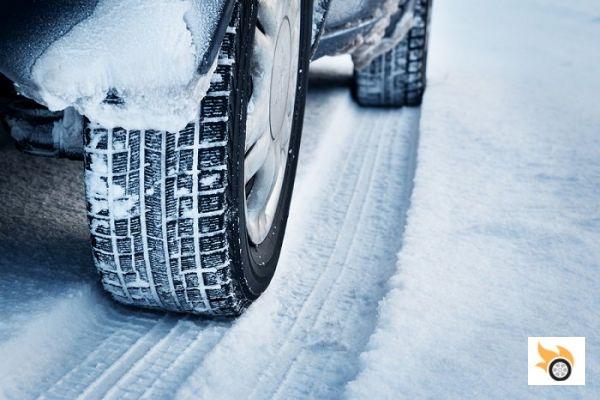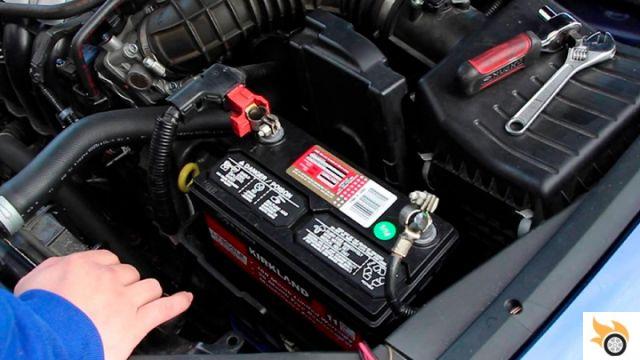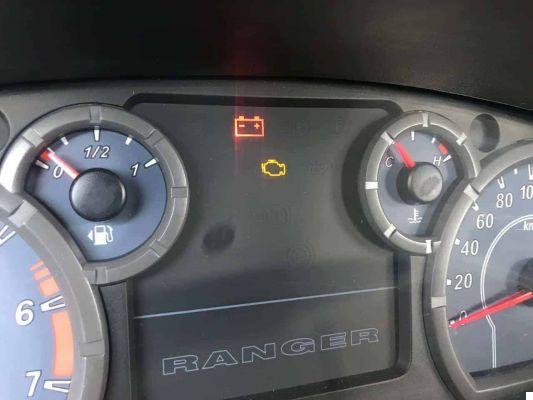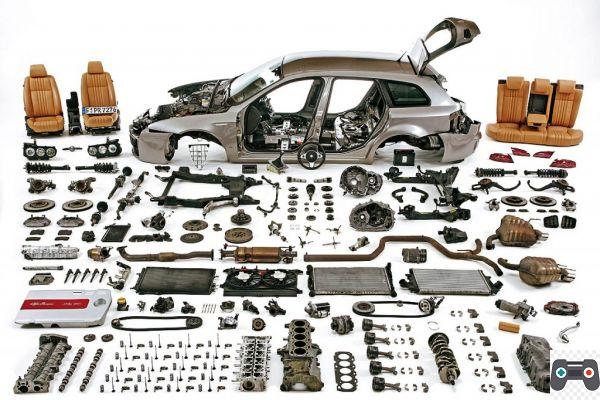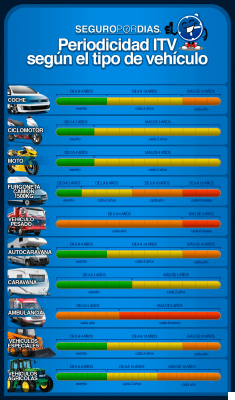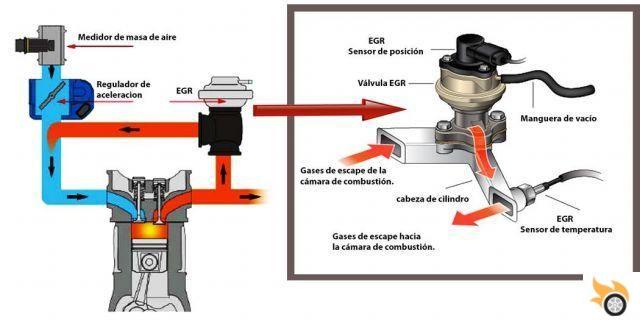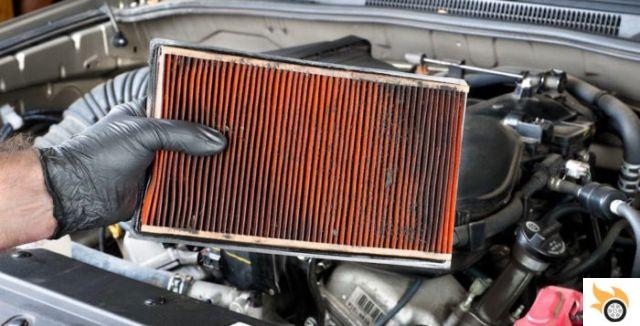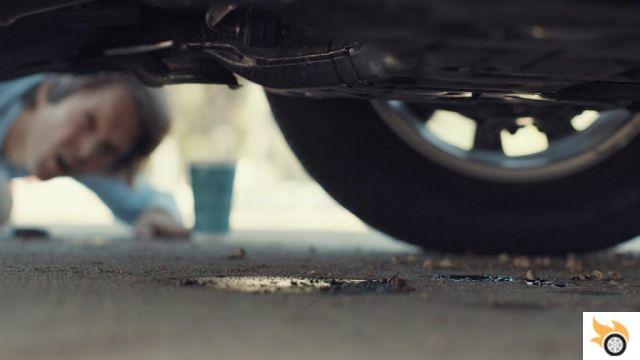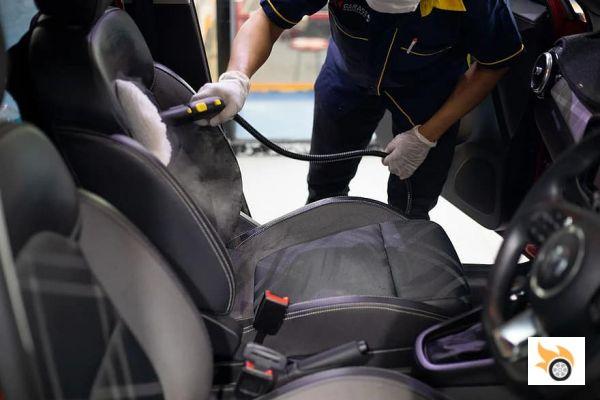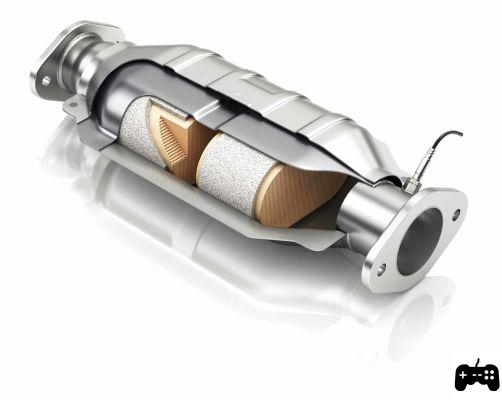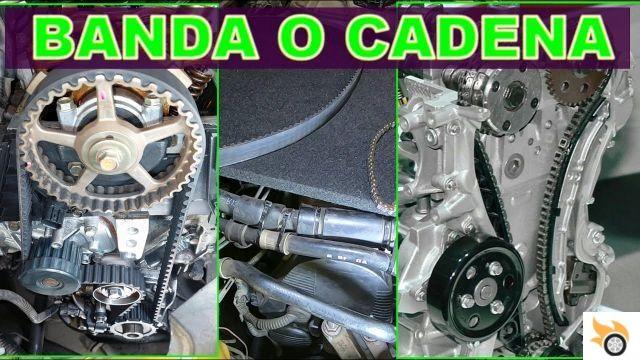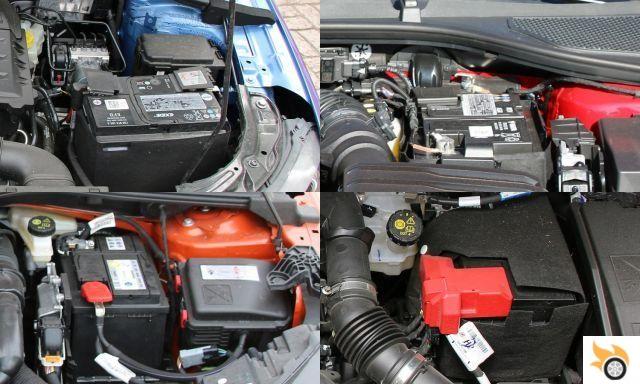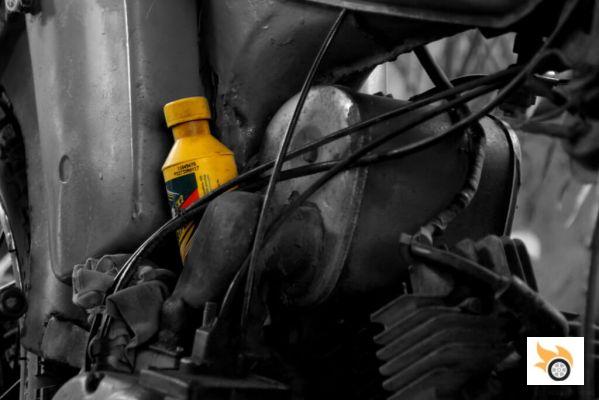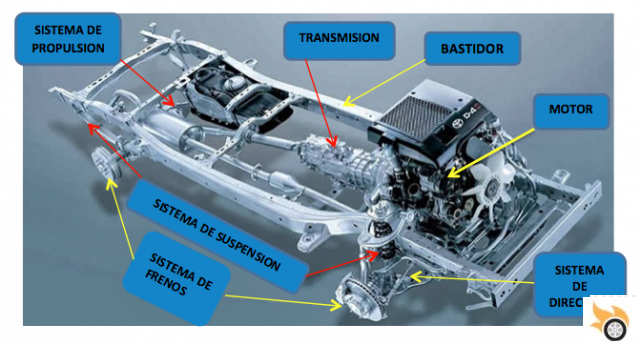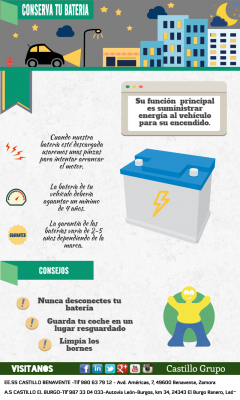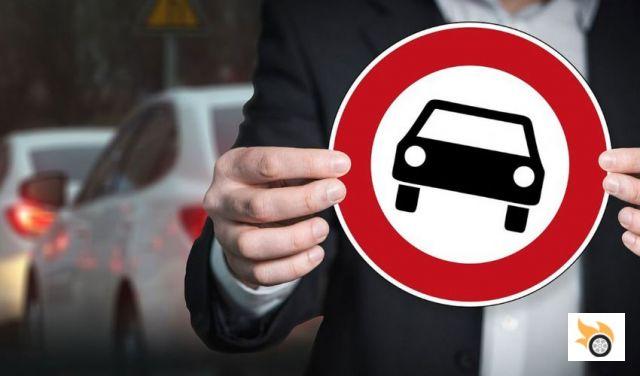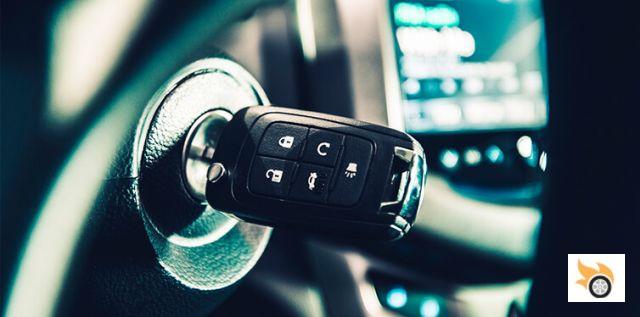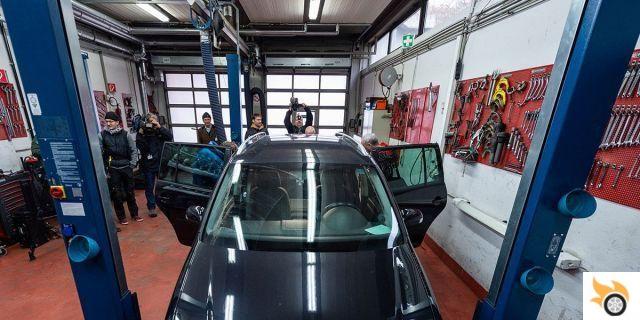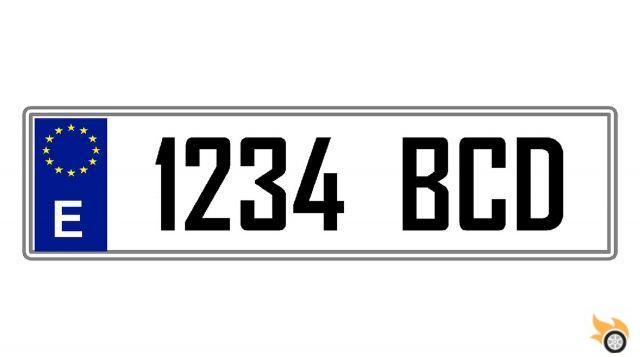
What is vehicle registration?
Vehicle registration is the process by which a license plate or license plate is assigned to a vehicle to uniquely identify it. This plate contains a combination of letters and numbers that allows to identify the country, the province and other relevant data of the vehicle.
How is a vehicle registered?
The registration of a vehicle is done through the General Directorate of Traffic (DGT) in Spain. For this, it is necessary to present the required documentation, which includes the certificate of technical characteristics of the vehicle, the certificate of conformity, the registration tax paid, the compulsory insurance and the DNI or NIE of the owner.
Once the documentation is presented, the registration is assigned and delivered to the owner. It is important to bear in mind that the process may vary depending on the type of vehicle and the autonomous community in which the registration is carried out.
How long does the enrollment process take?
The time that the registration process takes may vary depending on various factors, such as the workload of the DGT, the correct presentation of the documentation and the availability of appointments to carry out the process.
In general, the process can take anywhere from a few days to several weeks. It is advisable to find out in advance about the estimated deadlines in the corresponding autonomous community to avoid setbacks.
How do you register a car in Spain?
To register a car in Spain, it is necessary to follow the following steps:
1. Obtain the certificate of technical characteristics:
This certificate is obtained from the ITV (Technical Vehicle Inspection) and certifies that the car meets the safety and emissions requirements established by current regulations.
2. Obtain the certificate of conformity:
This certificate is provided by the vehicle manufacturer and guarantees that the car complies with the technical and safety specifications established by the European Union.
3. Pay the registration tax:
The registration tax must be paid at the Treasury before carrying out the registration process. The amount of the tax varies depending on the CO2 emissions of the vehicle.
4. Take out compulsory insurance:
It is mandatory to have civil liability insurance that covers possible damages that the vehicle may cause to third parties.
5. Submit the documentation to the DGT:
Once you have all the necessary documentation, you must request an appointment at the DGT and present the required documents. After verifying the documentation, the registration will be assigned and delivered to the owner.
Mechanics glossaries and more information about a car registration
If you are interested in finding out more about a car's license plate, we recommend consulting the mechanic glossaries available online. These glossaries will provide you with detailed definitions and explanations of terms related to license plates and other technical aspects of vehicles.
In addition, you can find more information about a car registration on the website of the General Directorate of Traffic (DGT) of Spain. On its official website, you will find guides and informative documents that will help you better understand the enrollment process and answer any questions you may have.
Frequent questions
1. How much does it cost to register a car in Spain?
The cost of registering a car in Spain can vary depending on various factors, such as the type of vehicle, CO2 emissions, registration tax and other administrative costs. It is recommended to consult the DGT or a specialized manager to obtain precise information on the costs associated with the registration process.
2. Can I register a foreign car in Spain?
Yes, it is possible to register a foreign car in Spain. However, the process can be more complex and require additional documentation, such as the European certificate of conformity. It is advisable to consult the DGT or a specialized manager to obtain detailed information on the requirements and procedures necessary to register a foreign car in Spain.
Conclusion
Vehicle registration in Spain is a necessary process to identify and legalize a vehicle. Although it may take time and require the presentation of certain documentation, it is a mandatory procedure to drive legally on the country's roads. If you have any questions or need more information, we recommend that you consult the resources available online or go to the DGT for personalized advice.
We hope this article has been useful and we invite you to leave your comments and questions related to vehicle registration in Spain. We will be happy to help you!
Until next time!




